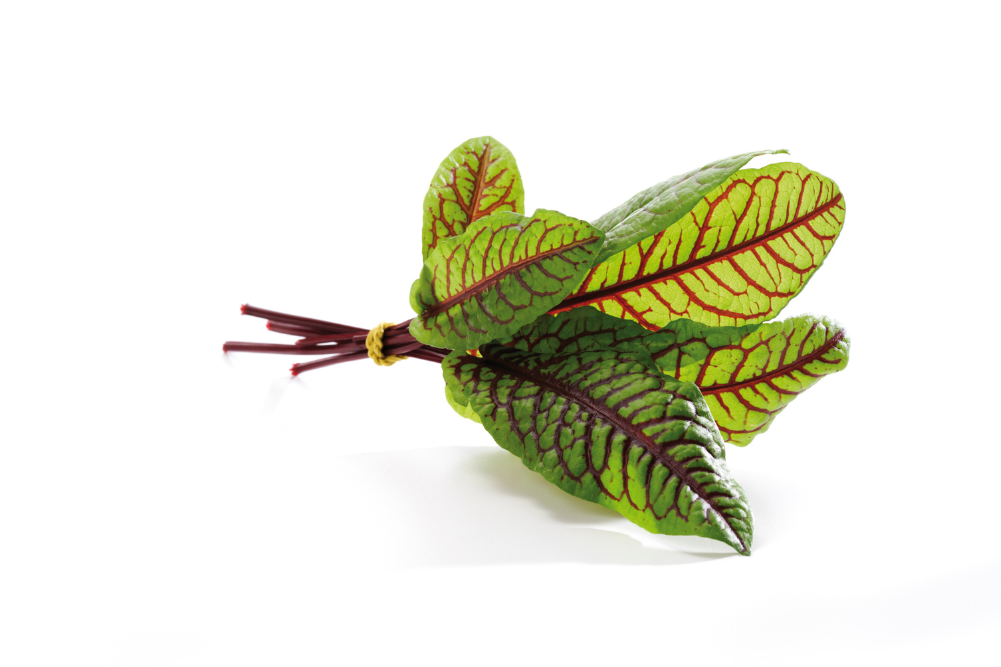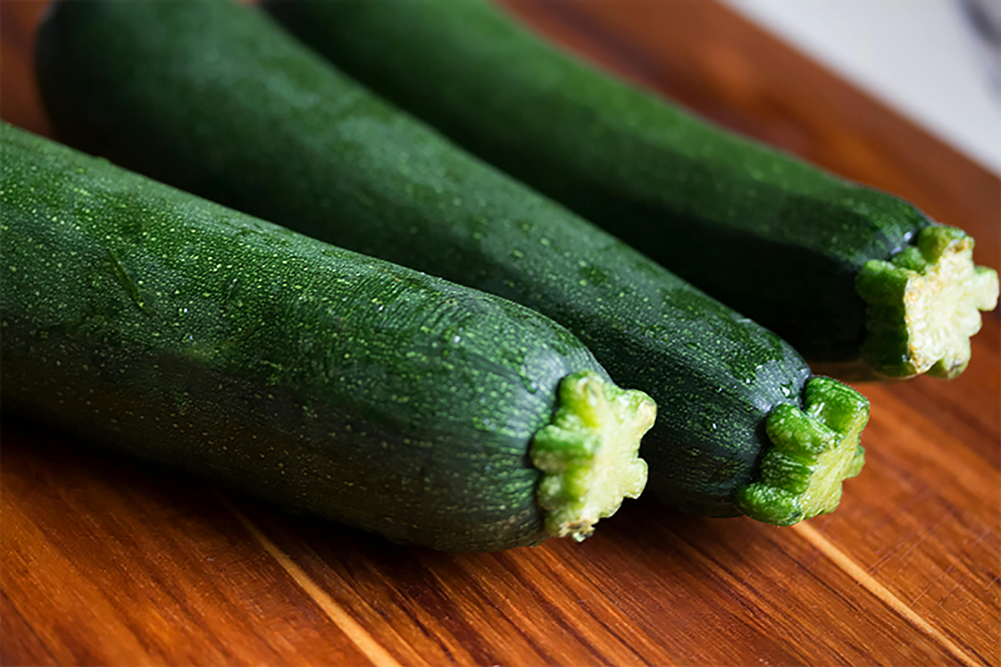How to assess the feng shui of a home
Feng shui is the study of how qi, the universal life force, influences our health, wealth and relationships. This ancient art and science examines the space in which we live, together with time. This is a common explanation of feng shui, but what does it actually mean? As living beings, we are subject to changes in time; our bodies and minds continually grow and change. Similarly, everything around us also changes.
Feng shui takes much of its philosophy from the I Ching (Yijing), or Book of Changes, which recognises this fact. So when we study feng shui we are also studying the changes that occur from place to place and from time period to time period. It seems quite logical, then, that just as we evolve and change, our house changes, too. Therefore a holistic approach to the changing of time and how it affects the building in which we live and work is to check our buildings using the ancient principles of feng shui.
Flying stars feng shui
Every house is unique, having its own design, orientation, interior decoration and, of course, occupants. This means that when we examine the feng shui of a house we must use fresh eyes every time. There is no blanket rule that can be used to assess the feng shui of every house in the same way. There are only guidelines.
When a house is built, it retains a certain “memory†of the age in which it was built. This is the intrinsic qi that fills the house. This qi is measurable and, by using feng shui formulas, we are able to calculate this qi and how it affects the occupants.
Flying stars, or Fei Xing, feng shui is a technique of using calculations to measure what type of qi exists in any building. The first step is to check when a building was constructed.
The 20-year cycles of qi are:
Any house was built within one of these periods. However, if the house has undergone a major reconstruction, it can change the period (literally changing the “birthdate†of the house). For instance, if everything is moved out of the house (including the family), the carpets are ripped up, some of the walls are knocked down, rooms are moved around internally, bathrooms and kitchen are renovated, new rooms are added, the roof/ceiling is changed and then repainted, and then everything is moved back in again (including the people), the house has effectively changed from the period of its original age to the period in which the renovations were carried out.
When you have done all this then move back in, the house feels very different, of course; this is how we can feel the qi. If you have been living in the house for a few years already, you may also notice that, as a result of the changes, your life also changes.
The flying star chart consists of three stars: mountain, water and time stars. This chart is for a period 7 house facing west, so the number 7 goes into the centre, then “flies†around the chart in a certain sequence. As the house is facing west, the time star 9 goes to the central palace, as does the time star 5, so we find the numbers 579 in the central palace. Then these two stars also fly around in a certain sequence.
To the left of every time star is the smaller mountain star. Mountains are responsible for taking care of the people of the house, including their health, happiness, relationships and even their personality. To the right of every time star is the water star, responsible for wealth and success.
Calculating the chart is not really that complicated. It’s the interpretation that varies from practitioner to practitioner and usually depends on who taught then the flying stars technique. I am fortunate to have learnt from Master Joseph Yu, one of the world’s greatest feng shui masters, who, being originally a mathematician, has devoted his life to the practical and commonsense approach to this ancient art.
This is the technical aspect of how to calculate the feng shui. The bottom line is does it really work? There has been much misinformation and misunderstanding about what feng shui really is. I say it’s a bit like “house astrologyâ€. It’s a way of calculating what will happen in a person’s life when living in a certain house or working in a particular place.
Let it also be known that traditional feng shui affects our lives, whether we believe in it or not. Think about it: have you felt happy since living in your current house? Has your health deteriorated? What problems in your life can be associated with the time you moved into your house?
This is especially applicable to a workplace. I have seen many businesses doing very well and, as a result of expansion, needing to move to new premises. After the move, sometimes the business starts to go downhill. This happened to a well-known surf company I was asked to consult for. They moved into large, new corporate offices with beautiful water fountains at the front door. But after being in the new premises for around eight months, their profitability took a nose dive and they lost millions in turnover, according to the annual report.
The Chinese employees blamed it on the water fountains, as water is associated with wealth. The direction of the flow of water was out the door, away from the premises, rather than flowing into the premises; they saw this as the cause of the downturn.
The company called me in to discuss the problem. I gave them an easy solution to fix the water fountains by changing the flow of the water. However, that wasn’t the real cause of the problem. It was the premises itself: to achieve successful feng shui in this particular building, based on the direction it was facing, they actually needed to move the front entrance from one part of the building to another.
The CEO (whom I never met) saw this option as too costly. They really didn’t have enough faith in feng shui to believe this could be a solution and wanted a band-aid solution instead. I am an honest practitioner and, rather than just tell them what they want to hear, preferred to tell them the truth. But they didn’t take my advice and to this day are still struggling to maintain their prosperity instead of thriving the way they should be.
Feng shui can work the same way at Home, so take notice of how the environment affects you; it’s a powerful motivator to change how you live and, in some cases, even where you live. (I very rarely recommend people actually move out of their home because of bad feng shui. I often suggest moving to another bedroom or using a different door to enter the house, for instance.)
How to draw up your house chart
First, you’ll need a floorplan of your house or business. Try to ensure it’s an accurate plan.
Annual stars for 2009
In 2009, Chinese New Year is celebrated on Australia Day, January 26, based on the lunar calendar (cycles of the moon), whereas feng shui annual influences commence February 4 (based on the solar calendar).
The annual stars are visitors that fly into our house and influence our lives on a yearly basis. The degree to which that influence extends depends on where we spend the most time in the house. The most important focus should be on the stars at the front door, in the lounge room and in the bedroom, as these are the most used areas.
The annual stars do not replace the chart for our house, but rather interact with the flying stars, thereby influencing those flying stars in different ways. Therefore it’s important to remember the following information is based on the generic personalities of the stars. For a detailed analysis of your particular location, a consultation is recommended.
White is in the northwest this year. It’s a very good star for wisdom and love. It’s good for academic success and for finding a true love partner in your life (not simply a romance). If you have a desk here, you can use your wisdom at work.
Black is in the west, so we must beware of sickness coming to this area of the house, especially if the bedroom is in this location. If it is, try to move bedrooms to another area (except north this year) to avoid the sickness qi. If this can’t be achieved, place a wu luo next to your bed and avoid using any red, pink or purple colours in the bedroom this year. Health effects vary, depending on the feng shui of your house, but will usually include stomach-aches.
Over the years, I have had a number of clients whose children have inexplicably complained of stomach-ache. Even after checking with doctors and in some cases having serious examinations, the cause cannot be found. More often than not, the child will have either an annual or a monthly or a mountain star 2 in their room.
The sound of metal is also useful. Hang windchimes outside the house in this area (as long as they don’t disturb the neighbours).
Green is a very good money-making star, especially for those in sales, real estate or any business where the need to form an argument is important (such as law). Because of the nature of this star, those who are not in these types of businesses can be susceptible to arguments, competitiveness or even robbery (such as someone coming to rob you of your position at work, for instance). Be careful to ensure doors and windows are locked in the northeast area of the house when going out. Place red objects on a windowsill or have a red mat or candles (as long as they’re lit regularly) to prevent the negative aspects of this star.
Dark green is also a wonderful star for academic success and is well supported by the placement of an ornamental study tower (pagoda) or a set of calligraphy brushes, or some water bamboo. If married, avoid running a water fountain in this area of the house to prevent extramarital affairs this year. If single, though, water here is fine. Remember: to get the most benefit from this star, it’s best to sit in this area of the house while studying or undertaking creative activities.
Yellow is the emperor and must be left alone, undisturbed. As it is located in the north, it’s very likely that many of us will have this star at our front door this year, which can forebode problems and mishaps of any kind. The best cure is the gentle sound of metal, such as a chiming clock, the regular sound of a singing bowl (at least twice a day) or some melodious piano music.
Don’t dig the garden or renovate the house in the north this year. Also avoid red in the north this year as a general precaution and if the front door is in the north, consider using another door to enter the house and hang a bell on the door for protection.
White is the best star for career success, power and authority and is especially well supported when accompanied by the star 1 (water — house star or monthly star), as metal and water form a powerful combination. You can check the flying stars chart for your house and see if you have a star 1 in the southwest. Placement of something round, such as a crystal ball, is a good addition to boost the career possibilities this year.
Red gives us verbal abuse and can be destructive either verbally or to the mouth or teeth. I have often seen children sleeping on a mountain star or annual star 7 with teeth problems or throat infections (of course, you may say children succumb to these things, anyway, but it’s more pronounced and serious when there’s a 7 in the room). Star 7 likes a little fire, so something red will calm it, as will something black.
White is the luckiest star, not just because number eight is considered lucky to the Chinese, but also because it’s the ruler for this 20-year period (until 2024).
Wherever the star 8 resides, whether it’s the annual star, water star or mountain star, there is extra-special luck, peace and happiness. However, as star 8 is earth and earth can be a bit stubborn, we may find it hard to get motivated or at least exhibit some sluggish behaviour. Support the star 8 with fire, as something red will give the earthy 8 more motivation.
Purple is in the centre this year, so its attributes of fame, radiance and brilliance will be locked up for the year. This can lead to a lack of spectacular performances, making it difficult to achieve fame in 2009.
The tai sui
Every year the animal sign of the year comes to a different sector of our homes. This year, the Year of the Ox, we find it is located in the north–northeast (that is, 22.5–37.5, or NE1 on the feng shui template).
The personality of the ox is hard-working, diligent and stable, while also being rather stubborn and unyielding. Once the ox is set on a specific path, it’s almost impossible to change its mind, so this year will be one of toil. It’s said, of course, that from this toil comes the fruitful result at harvest time, so the ox is a symbol of bounty stored up. It’s believed that placing an ox on your desk will help you to be more diligent and is a reminder that through toil comes success.
The tai sui should be treated in much the same way as the annual star 5: don’t disturb this direction of the house or garden. In particular, don’t do any renovations or digging lest you disturb the ox and awaken the earth qi, which may or may not be your favoured element in Chinese astrology.
There is a famous image of the Daoist sage Lao Tzu riding an ox into the west after being asked to write a book of his inspirations. The Dao De Jing is still being read today.
Before I conclude, I would like to emphasise this: feng shui is a technique we can apply to our living and working spaces to improve our health, wealth and happiness. As I’ve mentioned, feng shui works whether we believe in it or not; it will still affect us.
On the other hand, don’t feel that feng shui is the cure for all problems, or that it’s the cause of all problems. Feng shui is not a band-aid, nor is it a scapegoat for all that happens to us in our lives. In particular, feng shui is not intended to make us feel fear or dread when we encounter something that may seem “bad†from a feng shui point of view.
Don’t be influenced negatively by what you read about feng shui — ie, that you must do this or that around your house or office in order to live a happy life. Feng shui is simply a way of achieving harmony.
Don’t become superstitious about your environment and the things you have around you. You have the power within yourself to fulfil your own destiny, whether you have good feng shui or not, for it’s not feng shui that is the most important thing in life; it’s your attitude that determines your success, wealth and health.
Master Jodi Brunner provides consultations, courses, seminars, workshops and feng shui tours and has a shop, Feng Shui Cures & Crystals online and at the Queen Victoria Market in Melbourne, Australia. T: 61 3 9662 1011, W: www.fengshuimaster.com.au







